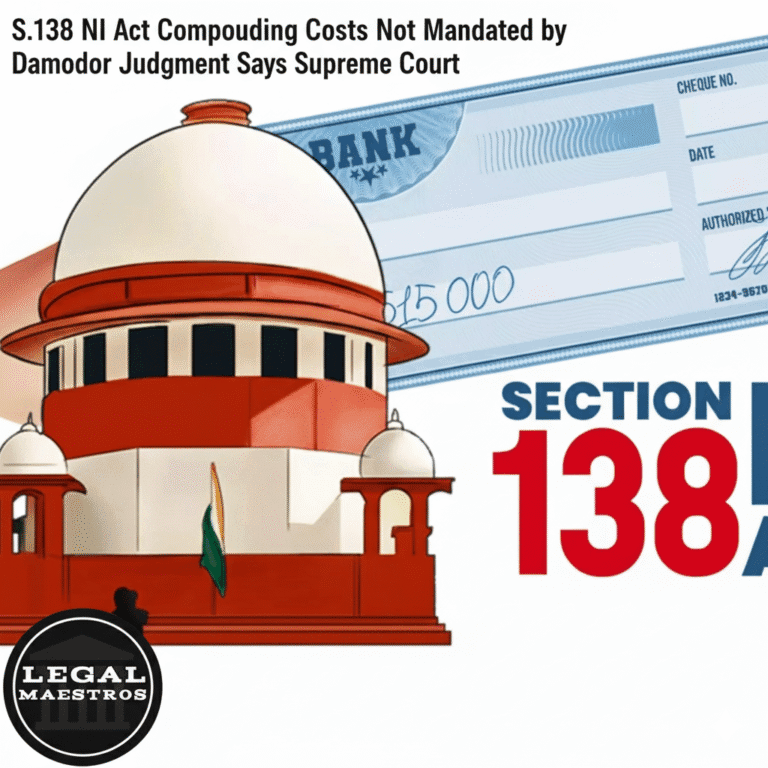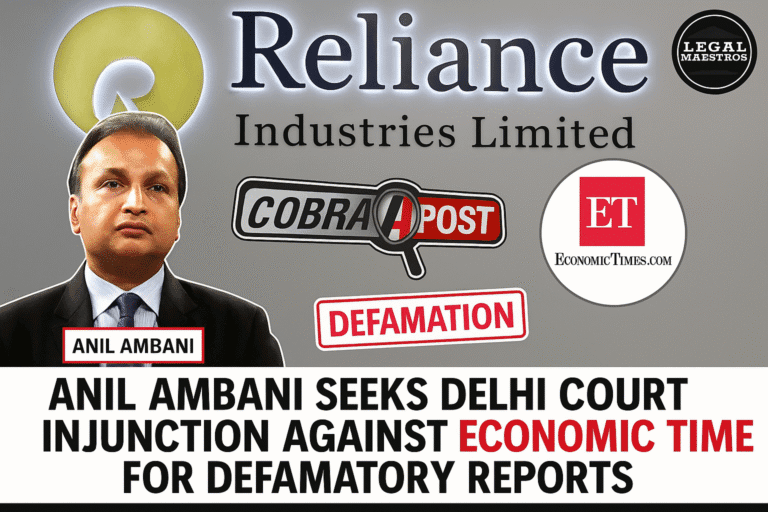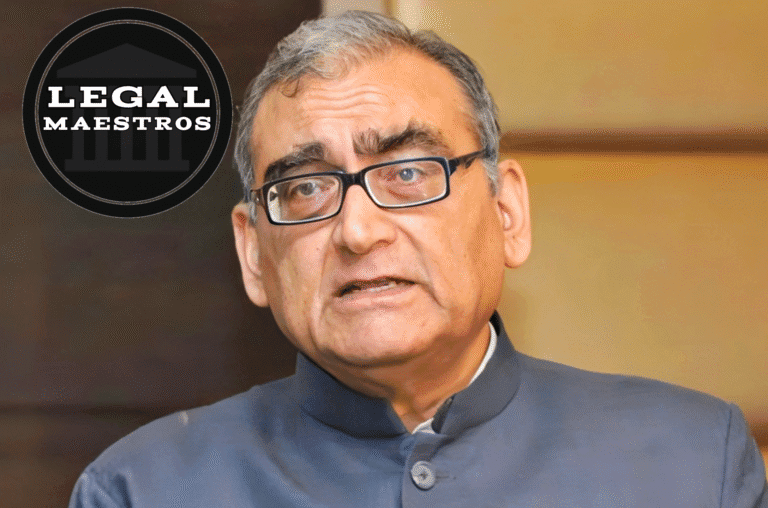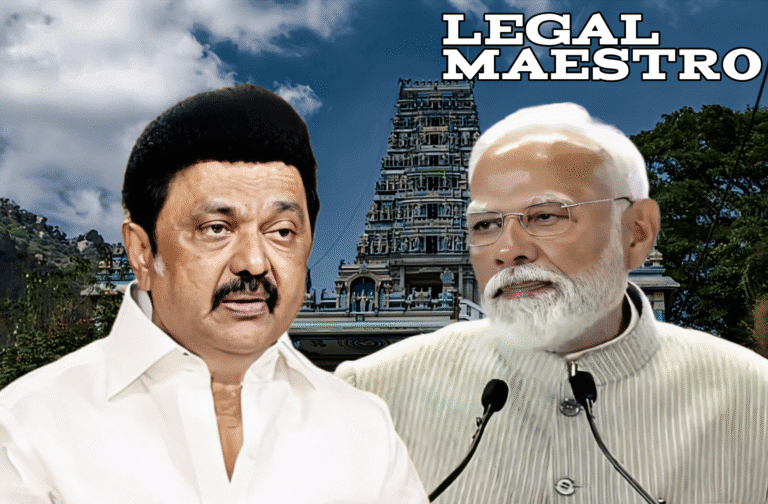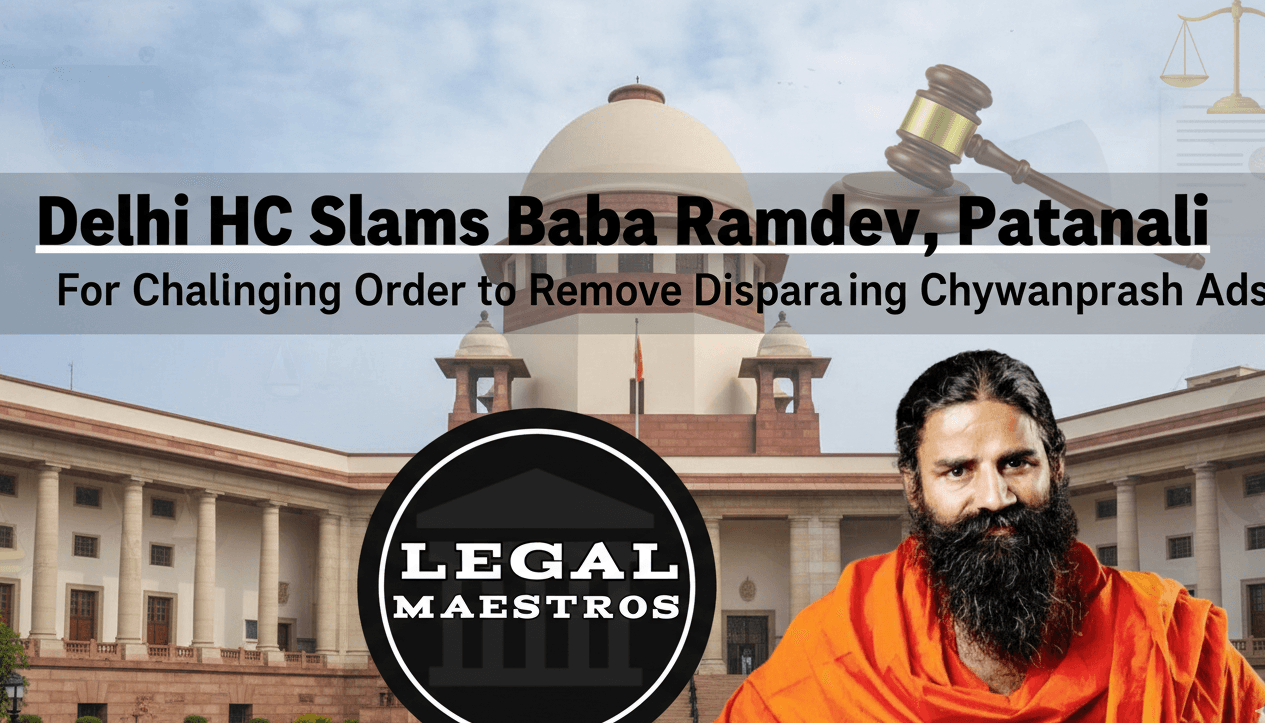
Delhi HC Slams Baba Ramdev, Patanjali for Challenging Order to Remove Disparaging Chyawanprash Ads
A Judicial Rebuke for a Corporate Giant
The Delhi High Court has sent a firm and very clear signal to yoga guru Baba Ramdev and his multi-billion dollar consumer goods company, Patanjali Ayurved. The court criticized the company in a recent hearing on its attitude towards a judicial order regarding a controversial advertisement. The case is about the marketing of the Patanjali Chyawanprash product wherein the marketing campaign was identified as unfairly critical of its competitors.
This law court case brings into the limelight the existing competition in the highly competitive Fast-Moving Consumer Goods (FMCG) market in India. Businesses frequently use aggressive advertisements as a way to achieve competitive advantage, but they must not violate the law by making statements that are false and that hurt other brands, in a negative manner. The harsh language used by the court is a great way to make a vivid reminder that the most successful corporations are not above the law and that they should comply with the ethical marketing practices.
The problem started with a rival, who allegedly was the market leader, Dabur, suing one Patanjali advert. The first decision of the High Court was clear that the advert was considered to be disparaging and was instructed to be taken off all media. But the further actions of Patanjali contributed to the recent severe reproach reducing the situation to a mere advertising controversy and the further issue to preserve the dignity of the judicial system.
For any queries or to publish an article or post or advertisement on our platform, do call at +91 6377460764 or email us at contact@legalmaestros.com.
The case has attracted a lot of media attention, both due to Patanjali being a well-known brand but also due to the fact that it has to do with such an important matter as consumer rights. False or slanderous advertisements can mislead the population and put an uneven market in perspective. The intervention by the court highlights how it acts as a watchdog of fair trade and the interests of the ordinary consumer.
The Ad that Sparked the Conflict
The crux of this legal struggle is an advertisement of Patanjali Special Chyawanprash. The campaign which was carried out through different mediums made allegations which purported to paint negative pictures about other brands of Chyawanprash. Although the details of the advertisement were the subject matter of the legal action, the method used in such campaigns is often to imply that a product of a rival company is unclean, ineffective, or contains less pure ingredients and that a particular product is the only one available that is genuine.
Advertising is one area where a thin but decisive line exists between acceptable comparative advertising and unlawful disparagement. A brand can make the claim of its product being superior on the basis of factual evidence; such as claiming it is more effective or offers better value. The law however, does not allow a brand to denigrate or undermine a rivals product by making false, misleading or unsubstantiated claims that damages the reputation of that rival.
For any queries or to publish an article or post or advertisement on our platform, do call at +91 6377460764 or email us at contact@legalmaestros.com.
The initial complaint was that this was the boundary that was crossed over by Patanjali. It was argued that the advertisement was not merely praising their product but actually aimed at making similar consumers develop a negative attitude towards other Chyawanprash products. This, the complainant claimed, was an intentional effort to destroy the goodwill and trust that the established brands had built in the market over a number of decades.
Soon, after hearing the case, a one-judge bench of the DelhiHigh Court ruled that the advertisement was disparaging. The intermediate order, a temporary yet firm order, was passed by the court, directing Patanjali Ayurved to stop the broadcast and publication of the advertisement immediately. This first case was a decisive triumph of the complainant and another legal failure of the aggressive marketing policy of Patanjali.
Challenging the Order and Facing the Court’s Ire
Patanjali Ayurved instead of obeying the order of the single judge embarked on a route of confrontation by appealing the judgment. This company appealed to a larger two-judge division bench led in the same Delhi High Court to reverse the original order. It is this action, which caused the senior judges such a reaction, being not impressed with the fact that the company decided to appeal what they thought was a simple directive.
For any queries or to publish an article or post or advertisement on our platform, do call at +91 6377460764 or email us at contact@legalmaestros.com.
The division bench is said to have dinged Patanjali and its promoters, making a very strong language to express its dislike. The judges said they were unhappy that a business organization would seek to disobey or evade an express court order. According to the observations made by the court, these appeals might be regarded as an instrument to postpone the justice and corrupt the leaders of the judicial system. It was a very strong message to the judiciary that its orders need to be honoured and taken seriously.
The arguments criticized by the court rested on the fact that every entity, whether small or big and influential or not, had to act within the confines of the law. The judicial orders are not recommendations but enforceable commands that need to be obeyed, the judges stressed. Patanjali invited criticism by defying the order rather than initially obeying it, which presented the appearance of acting in a way that indicated contempt of the legal process.
Patanjali finds himself in a tight spot with this stinging indictment of the High Court. Not only did the company fail in its effort to re-air the ad but also it was publicly rebuked by a superior court of justice. The case acts as a warning to other brands that legal and reputational costs can arise when taking advertising to an overly aggressive level and then taking it to court after being asked to act accordingly.
For any queries or to publish an article or post or advertisement on our platform, do call at +91 6377460764 or email us at contact@legalmaestros.com.
The Larger War of Brands
This particular legal tussle between Patanjali and its competitor is not a one off case. It is an embodiment of the cut-throat competition that characterize the Indian consumer goods market where brands are at permanent war over market share and consumer loyalty. This fierce competition usually transfers into the advertising medium, resulting in so-called brand wars that are often litigated.
The use of comparative advertising is hardly a new practice, with well-known examples including the cola wars between Pepsi and Coca-Cola or shutting between brands of detergent and soap. They can be effective campaigns but have immense legal risks attached to them. Firms, which practice them, should be ready to have their claims challenged by their business rivals, regulatory agencies such as the Advertising Standards Council of India (ASCI), and courts.



